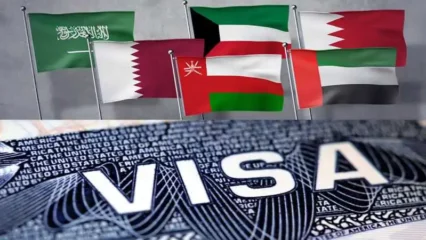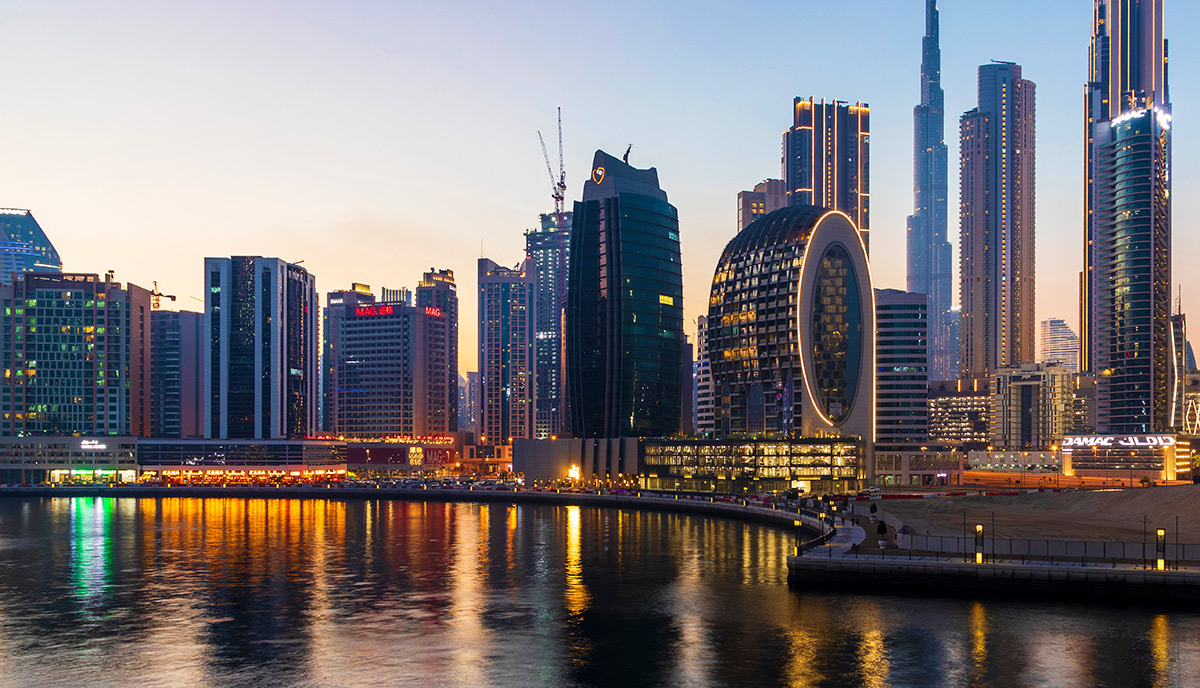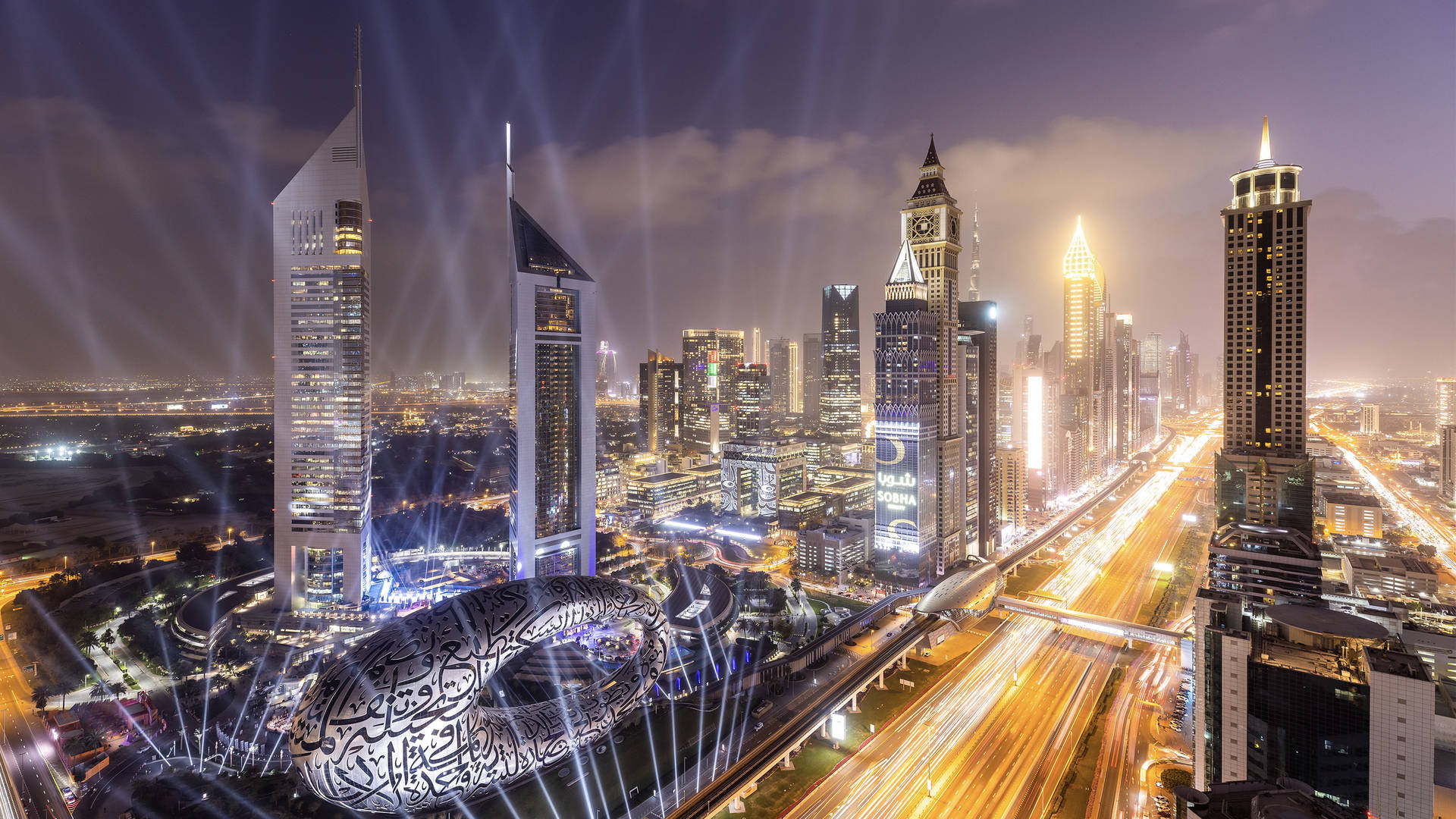Lifestyle Differences in Major UAE Cities: Finding Your Perfect Fit
The United Arab Emirates is a vibrant federation of seven emirates, each with its own distinct character and lifestyle. From the bustling metropolis of Dubai to the serene shores of Umm Al Quwain, the major cities—Abu Dhabi, Sharjah, Dubai, Umm Al Quwain, Ajman, and Al Ain—offer unique vibes, paces, and opportunities. This article explores the lifestyle differences in these cities, highlighting their unique characteristics and suggesting which city might suit different types of residents.
Dubai: The Global Metropolis
Vibe: Cosmopolitan, fast-paced, and luxurious
Pace: High-energy, dynamic
Dubai is the UAE’s glittering jewel, known for its towering skyscrapers, luxury shopping, and vibrant nightlife. It’s a global hub for business, tourism, and innovation, attracting ambitious professionals, entrepreneurs, and thrill-seekers. The city pulses with energy, offering world-class entertainment like the Burj Khalifa, Dubai Mall, and Palm Jumeirah, alongside a diverse expat community that makes integration seamless.

Lifestyle:
- Pros: Abundant job opportunities in finance, tech, and tourism; unparalleled entertainment options; modern infrastructure.
- Cons: High cost of living; heavy traffic; less traditional compared to other emirates.
- Unique Features: Home to the world’s tallest building (Burj Khalifa) and largest indoor aquarium at Dubai Mall.
Who It Suits: Single professionals, investors. couples seeking a dynamic lifestyle, and those who thrive in a fast-paced, urban environment. Dubai’s modernity and global appeal make it ideal for those who enjoy a cosmopolitan life but may overwhelm those seeking tranquility.
Abu Dhabi: The Cultural Capital
Vibe: Sophisticated, family-friendly, and relaxed
Pace: Moderate, balanced
As the UAE’s capital, Abu Dhabi blends modernity with cultural heritage. It’s known for iconic landmarks like the Sheikh Zayed Grand Mosque and Louvre Abu Dhabi, offering a rich tapestry of history and innovation. The city is safer and quieter than Dubai, making it a top choice for families and those seeking a high quality of life. Its coastal location and proximity to global destinations (many within a four-hour flight) add to its appeal.

Lifestyle:
- Pros: World-class education and healthcare; diverse leisure activities; lower accommodation costs comparing to Dubai.
- Cons: Expensive overall; limited public transport (car often necessary).
- Unique Features: Recognized as the world’s safest city, with attractions like Yas Island for family-friendly fun.
Who It Suits: Families, couples, and professionals who want a cosmopolitan yet relaxed lifestyle with access to cultural and recreational amenities. Abu Dhabi’s balance of modernity and tradition suits those who value safety and community.
Sharjah: The Cultural Heart
Vibe: Traditional, artistic, and community-oriented
Pace: Steady, calm
Sharjah, the UAE’s cultural capital, is steeped in heritage, with attractions like the Sharjah Art Museum, Al Noor Island, and the Sharjah Biennial. It’s a family-friendly city with affordable housing and a strong sense of community, appealing to those who prefer a quieter life close to Dubai (30–60 minutes away). Its conservative social norms reflect its deep-rooted traditions.

Lifestyle:
- Pros: Lower cost of living; rich cultural scene; family-oriented environment.
- Cons: Limited nightlife; conservative regulations; traffic for Dubai commuters.
- Unique Features: Hosts cultural festivals like the Sharjah Light Festival and is home to the Arab World’s cultural capital.
Who It Suits: Families, budget-conscious expats, and those passionate about art and culture. Sharjah’s affordability and traditional vibe make it perfect for those seeking a slower pace without sacrificing access to urban amenities.
Al Ain: The Garden City
Vibe: Tranquil, traditional, and nature-centric
Pace: Slow, relaxed
Al Ain, located in the Abu Dhabi emirate near Oman, is known as the “Garden City” for its lush oases, greenery, and historic forts. It’s a haven for nature lovers and those seeking a peaceful, small-town feel. The city’s conservative culture and strict law enforcement reflect its traditional roots, while attractions like Jebel Hafeet and Al Ain Palace Museum offer a glimpse into its heritage.

Lifestyle:
- Pros: Affordable living; abundant green spaces; strong community feel.
- Cons: Hot climate; limited job opportunities; conservative laws.
- Unique Features: Home to the UAE’s highest peak (Jebel Hafeet) and historic sites like Al Jahili Fort.
Who It Suits: Retirees, families, and nature enthusiasts who prefer a quiet, traditional lifestyle away from urban hustle. Al Ain’s serene pace is ideal for those prioritizing tranquility over career-driven environments.
Ajman: The Coastal Retreat
Vibe: Laid-back, affordable, and scenic
Pace: Relaxed, leisurely
Ajman, the smallest emirate, offers a peaceful coastal lifestyle with attractions like Ajman Beach and the Ajman National Museum. Its proximity to Sharjah and Dubai makes it a budget-friendly alternative for those working in larger cities. The city’s close-knit community and growing economy appeal to those seeking simplicity and affordability.

Lifestyle:
- Pros: Low cost of living; beautiful beaches; small-town charm.
- Cons: Limited entertainment; developing public transport; fewer job opportunities locally.
- Unique Features: Known for tranquil beaches and Ajman Corniche.
Who It Suits: Young families, budget-conscious expats, and those who enjoy a relaxed coastal lifestyle with easy access to urban centers. Ajman’s affordability and serenity make it a hidden gem for commuters.
Umm Al Quwain: The Quiet Escape
Vibe: Serene, rustic, and untouched
Pace: Very slow, peaceful
Umm Al Quwain, the least populous emirate, is a tranquil haven with a fishing-village charm. Its affordable housing, serene beaches, and attractions like Dreamland Aqua Park and Umm Al Quwain Fort draw those seeking a quiet lifestyle. The city’s marina and water sports opportunities add a touch of adventure to its laid-back vibe.

Lifestyle:
- Pros: Very affordable; peaceful environment; water sports and outdoor activities.
- Cons: Limited amenities; sparse job market; minimal public transport.
- Unique Features: Offers camel racing and birdwatching opportunities, with a historic fort and museum.
Who It Suits: Retirees, remote workers, and outdoor enthusiasts who crave solitude and affordability. Umm Al Quwain’s slow pace and natural beauty are perfect for those escaping city life.
Conclusion: Choosing Your UAE City
Each UAE city offers a distinct lifestyle tailored to different preferences:
- Dubai for ambitious professionals and nightlife lovers.
- Abu Dhabi for families and those seeking a balanced, cultured life.
- Sharjah for cultural enthusiasts and budget-conscious families.
- Al Ain for nature lovers and those craving tradition.
- Ajman for coastal dwellers and commuters on a budget.
- Umm Al Quwain for retirees and those seeking peace.
Your choice depends on your career goals, family needs, and desired pace of life. Whether you’re drawn to Dubai’s dazzle or Umm Al Quwain’s quiet shores, the UAE’s diverse cities ensure there’s a perfect fit for everyone.
Having the right payment infrastructure in place makes a big difference. With Payoneer cross-border payments, UAE businesses finally have a digital payment solution to help them operate across borders.
 Top 5 Notarial Services Most Businesses in Dubai Use Every Year
Top 5 Notarial Services Most Businesses in Dubai Use Every Year
If you’re planning to build or scale a company in Dubai, working with a notary will become a routine part of your legal and administrative process.
 GCC Unified Tourist Visa: A New Era in Regional Travel
GCC Unified Tourist Visa: A New Era in Regional Travel
The Gulf Cooperation Council (GCC) is set to launch a groundbreaking initiative aimed at transforming regional tourism: the Unified Tourist Visa. This single-entry visa will allow travelers to visit all six GCC member countries with one single permit.
 Fire Safety Tips for Living in the UAE During Summer
Fire Safety Tips for Living in the UAE During Summer
Recent fire incidents in Dubai Marina’s skyscrapers underscore the need for proactive fire safety measures. Here are essential tips to stay safe during the UAE’s scorching summer, along with a look at notable fire cases in Dubai Marina over recent years.
Recent fire incidents in Dubai Marina’s skyscrapers underscore the need for proactive fire safety measures. Here are essential tips to stay safe during the UAE’s scorching summer, along with a look at notable fire cases in Dubai Marina over recent years.
This guide provides detailed insights into Dubai Mall’s parking zones, fees, exemptions, and the best entry and exit strategies to ensure a seamless visit. Whether you’re heading for luxury shopping, a movie, or the Dubai Fountain, we’ve got you covered.
From the iconic skylines of Dubai to the cultural charm of Sharjah and the tranquil beaches of Fujairah, here’s a curated guide to the best staycation spots in the UAE for 2025, perfect for residents and visitors alike.




